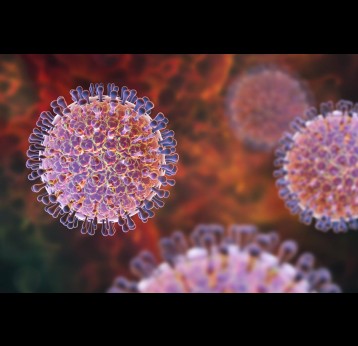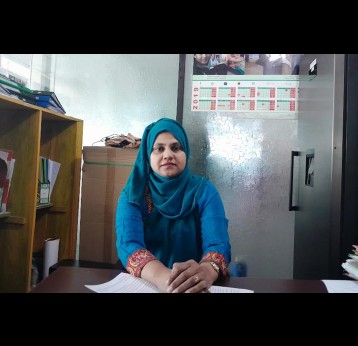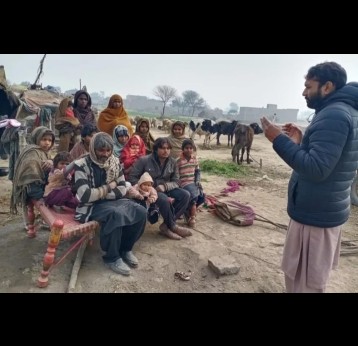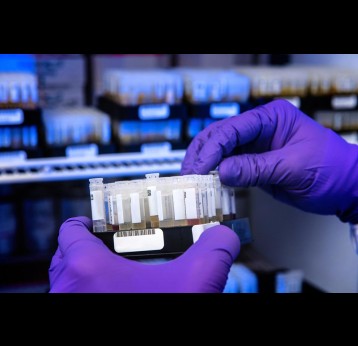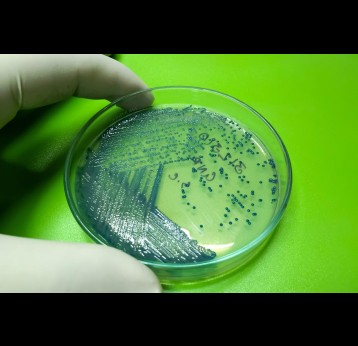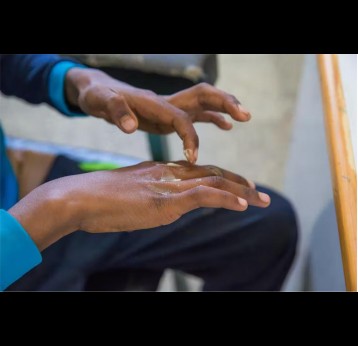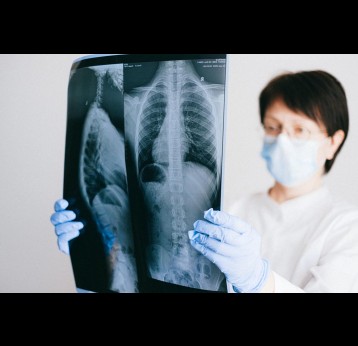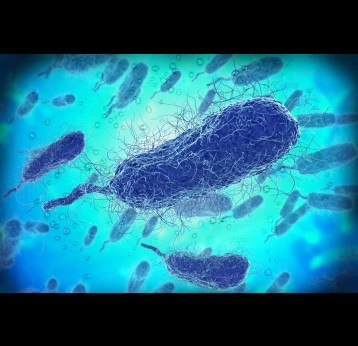View by type:
Articles (4204)
What is antimicrobial resistance and how can we tackle it?
Antimicrobial resistance is a growing threat which is exacerbated by overuse of antibiotics - as well as poor waste management and climate change.
HPV-linked cancers – which are vaccine preventable in most cases – are a particular threat to trans people, a review study recently found.
Trans people are overlooked by immunisation programmes. That needs to change
Discrimination and marginalisation of any kind constitute a multi-layered public health threat. Trans people, finds Rachel Sadoff, are at greater risk not just of violence, but also from pathogens.
Before vaccines became available, almost every child had been infected with rotavirus by their fifth birthday, and it claimed half a million lives each year.
95% of Bangladeshi mothers in treatment for HIV give birth to HIV-negative babies
Since 2013, Bangladesh had been providing free treatment to HIV-positive mothers under its Preventing Mother-to-Child Transmission programme. It’s working.
Brave & Bold Heroes: Activating communities in Pakistan
Brave & Bold Heroes is a storytelling initiative that aims to promote the importance of immunization and the heroic work of health workers around the world. Learn how these stories are creating change and inspiring action.
Although the mRNA vaccines have done an excellent job of reducing COVID-19 hospitalizations and deaths, questions remain regarding waning immunity, and public uptake has decreased with each new booster. With the pandemic still far from over, a…
Candida auris: what you need to know about the deadly fungus spreading through US hospitals
A drug-resistant fungus is a threat to human health.
Leprosy, scabies and yaws - Togo’s neglected tropical skin diseases need attention
Neglected tropical diseases of the skin are stigmatised, and may affect an individual’s quality of life
Algorithm could hold key to child TB diagnosis
Scientists say using algorithms to detect child Tuberculosis (TB) can lead to quicker diagnosis and treatment.
Viruses in wastewater could help spot typhoid outbreaks
Hunting for viruses that infect the typhoid bacterium in sewage could be a quicker, cheaper way to detect high levels of disease in communities.
How global warming could mean a greater risk of flesh-eating bacteria
Climate change already means disease-spreading mosquitoes can invade new habitats – now data shows that warmer water means a greater spread of pathogenic marine bacteria.




